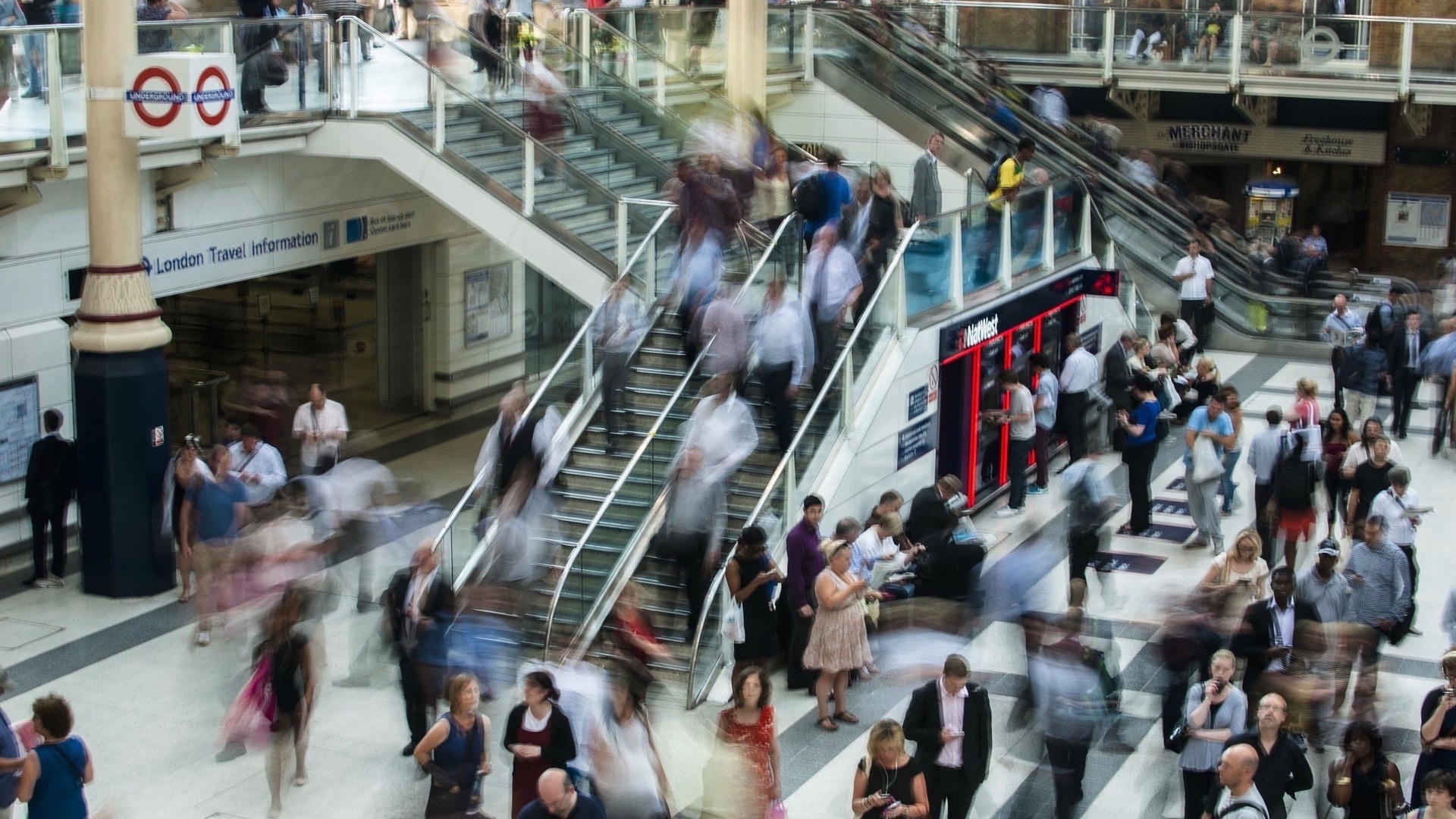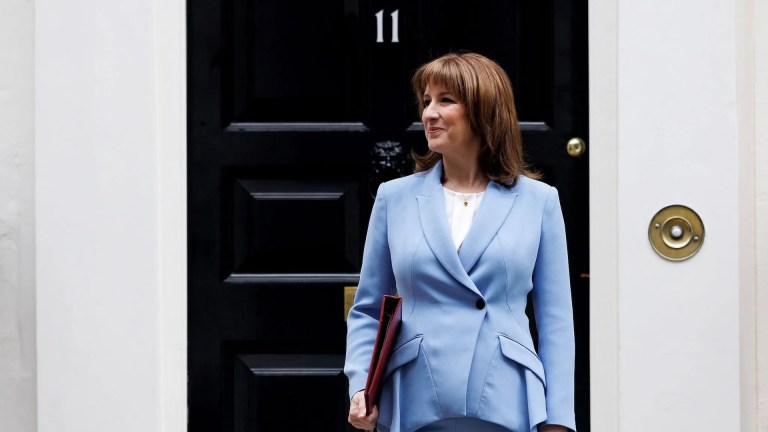At the other end of the scale, the five constituencies with the lowest percentage of 1% taxpayers are Liverpool Walton, Rhondda, Stoke-on-Trent Central, Birmingham Hodge Hill and Kinston upon Hull East.
Robert Joyce, IFS deputy director, said: “The highest income people in our society get a lot of attention. They’re often at the heart of debates about inequalities.
“And they’re very important from a fiscal point of view as well in that they provide a lot of the tax revenue that we use to fund our public services and our welfare system.”
Mr Joyce said that ‘data limitations’ mean it is hard to get an accurate picture of the people who comprise the 1%. The latest research uses up-to-date tax records to find out more.
To be in the 1% of tax payers in the UK, a person has to earn at least £120,000 before tax. To break into the next group – the top 0.1% – a person needs a pre-tax salary of £650,000.
Advertising helps fund Big Issue’s mission to end poverty
Mr Joyce added: “The top 1% are certainly not a representative sample of the UK population. We know that some groups tend to earn more than others and we see that very starkly when we look at who makes it into that top 1% slice.
“It’s a group that is overwhelmingly male and is disproportionately drawn from London and the South East. If we look back to the turn of the century, about 29% of the top 1% lived in London, that’s now risen to 35%.”
Less income for the top 1% comes from employment than that for those further down the economic ladder. As much as a quarter of top earners’ cash comes from dividends or partnerships. That is common for GPs, lawyers or those employed at hedge funds,
Mr Joyce suggested that is because the UK taxes business more lightly than normal employment income. That is “effectively giving a tax break to the top 1% group,” he adds.
To be considered among the top 1% of high earners in Wales, the north-east or Northern Ireland a person would need an income of about £100,000. That figure triples in London.
Men make up 83% of the top 1% and an even bigger 89% of the top 0.1%.
Advertising helps fund Big Issue’s mission to end poverty





